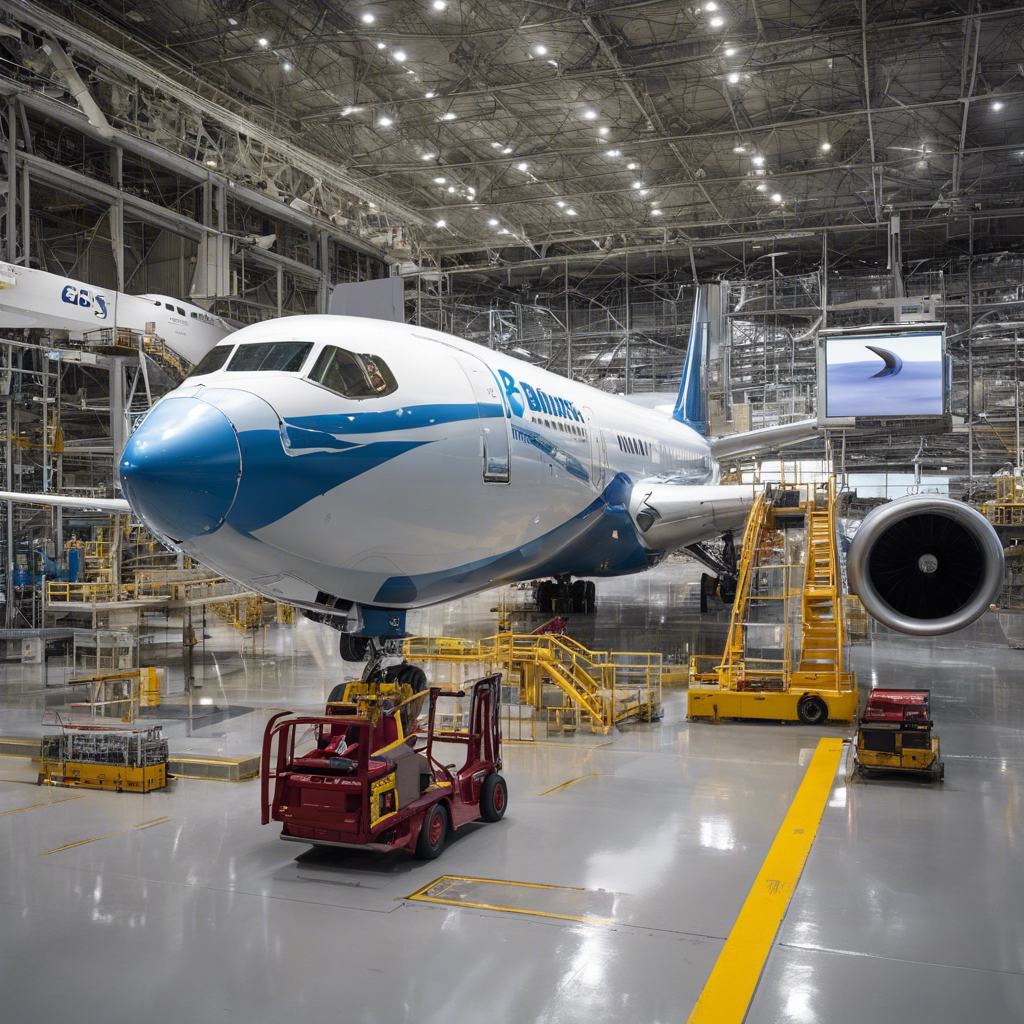Boeing’s Risky Gamble: Paying the Price for Chinese Market Access

Boeing CEO’s $40,000 Dinner with Xi Jinping Raises Concerns Over U.S.-China Economic Relationship
In a surprising move, Boeing CEO Stanley Deal recently paid $40,000 to have dinner with Chinese President Xi Jinping at a corporate summit in San Francisco. The motivation behind this expensive dinner date? Deal’s eagerness to resume deliveries of Boeing’s 737 MAX to Chinese airlines after a significant delay. However, this decision raises questions about the sanity of the U.S.-China economic relationship, as Xi’s ultimate goal is to displace Boeing from the global market. This article delves into the complex dynamics of the U.S.-China economic relationship, exploring China’s ambitions, strategies, and the potential risks for American companies like Boeing.
China’s Ambitious Manufacturing Goals and Displacing American Companies
China has set ambitious goals for its manufacturing sector, aiming to become a global leader in innovation and technology by 2045. Xi Jinping’s agenda includes achieving “self-sufficiency” in advanced manufacturing in the near term, which involves reducing the global market share of American companies. This objective is not limited to fair competition but also includes state subsidies, market manipulation, and the theft of trade secrets and intellectual property. Boeing, as one of China’s primary targets, is facing increasing challenges in maintaining its dominance in the commercial plane market.
COMAC’s Threat to Boeing’s Dominance
China’s state-owned aerospace manufacturer, COMAC, poses a significant threat to Boeing’s dominance. COMAC’s C919 passenger jet, which competes directly with Boeing’s 737 MAX, was built using stolen Western business data. While some argue that the C919 is still far from challenging Boeing’s position, China’s rapid advancements in technology cannot be ignored. Industries such as solar panels, telecom, and electric vehicles, where American companies once held an edge, have seen China catch up and even surpass its competitors. Non-Chinese airlines in the Indo-Pacific region are already expressing interest in purchasing COMAC planes, indicating that the notion of China’s inability to compete is becoming outdated.
The Risk for American Companies and the Need for Commonsense Laws
American companies, including Boeing and its partner firms, continue to court Chinese markets, open factories on the Chinese mainland, and engage in joint ventures with Chinese counterparts. However, this cooperation with China’s regime poses a significant risk of rendering American companies obsolete. The urgency for corporate elites to recognize this threat is growing. Policymakers also have a responsibility to protect national interests by passing commonsense laws that strengthen America’s edge in advanced manufacturing. This includes targeted investment in domestic production, tighter export controls, and greater restrictions on inbound and outbound investment.
Conclusion:
Boeing’s CEO paying a hefty sum to dine with Xi Jinping highlights the precarious nature of the U.S.-China economic relationship. While the focus is often on China’s legal system and investors’ concerns, the real danger lies in American companies becoming obsolete due to their cooperation with the Chinese regime. As China’s manufacturing capabilities continue to improve, the need for American companies to reassess their strategies becomes increasingly urgent. Policymakers must also take action to protect national interests and strengthen America’s position in advanced manufacturing. The clock is ticking, and the stakes are high for both corporate giants and the long-term prosperity of the United States.

